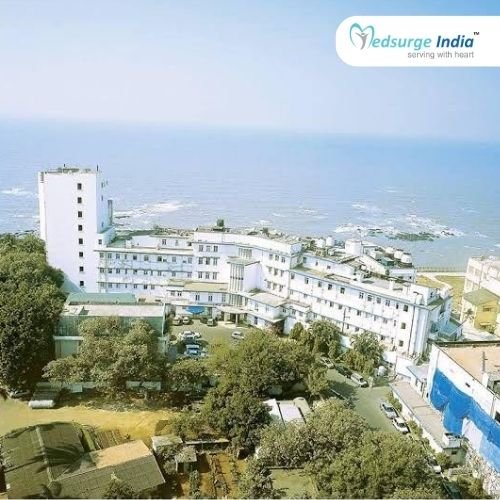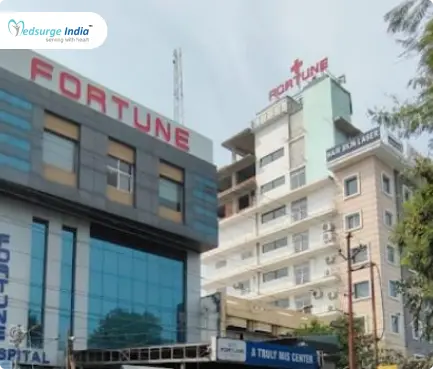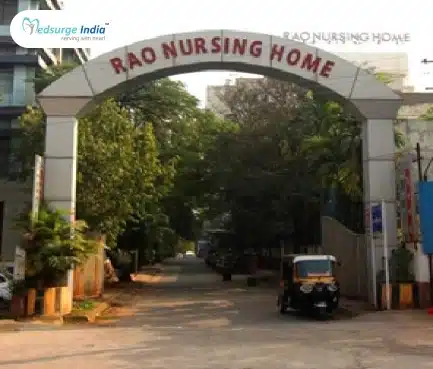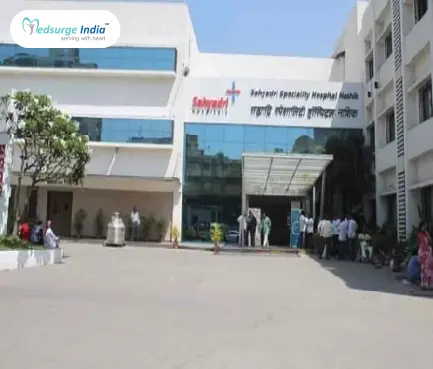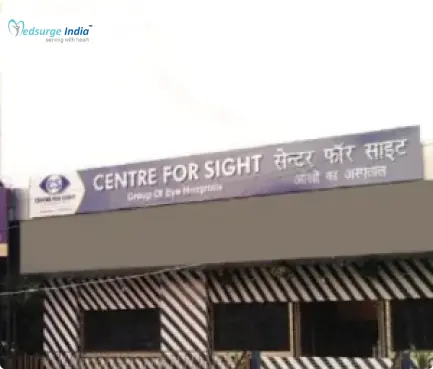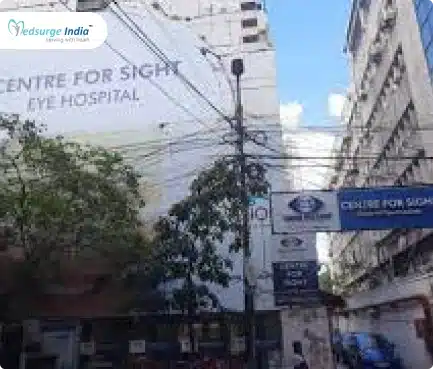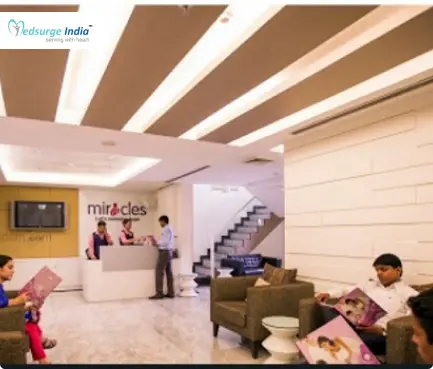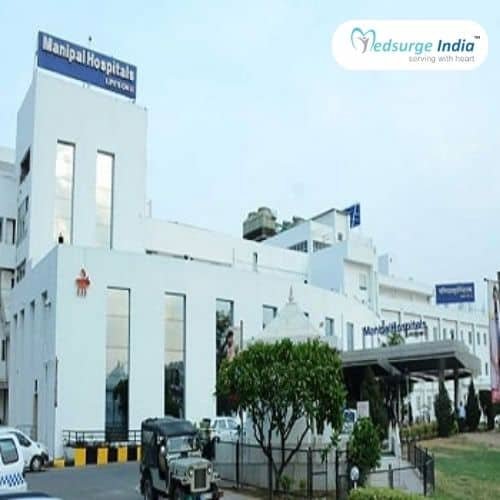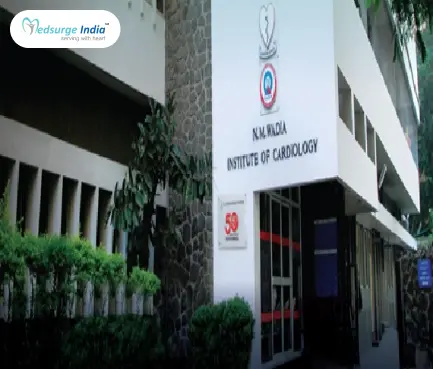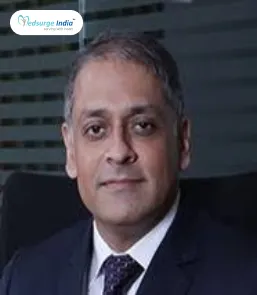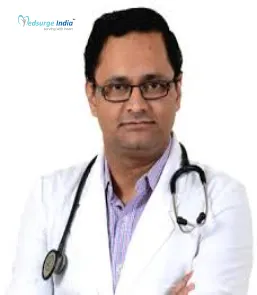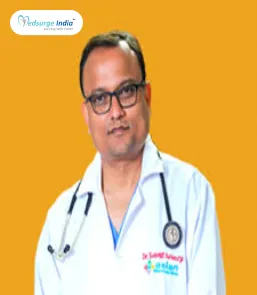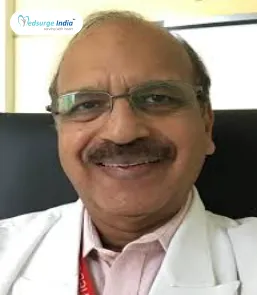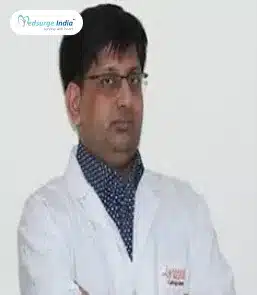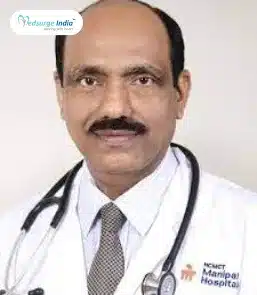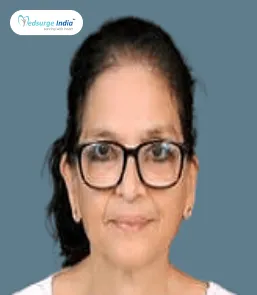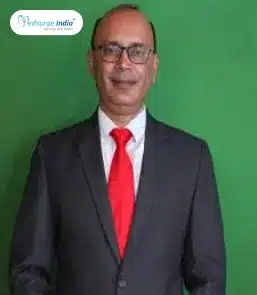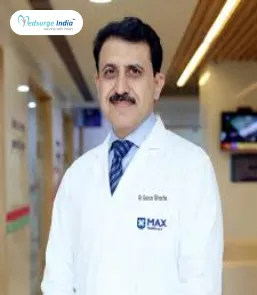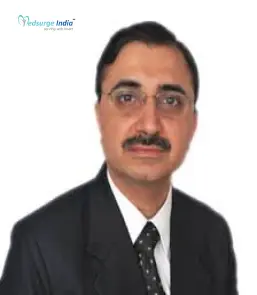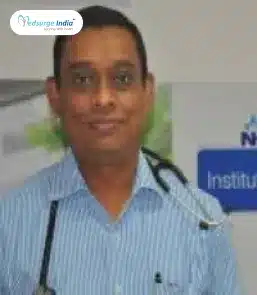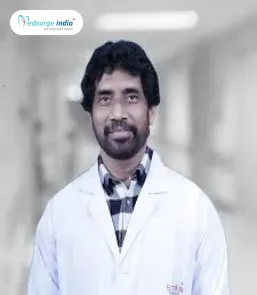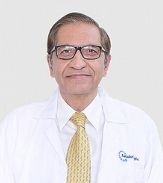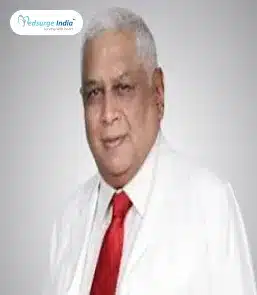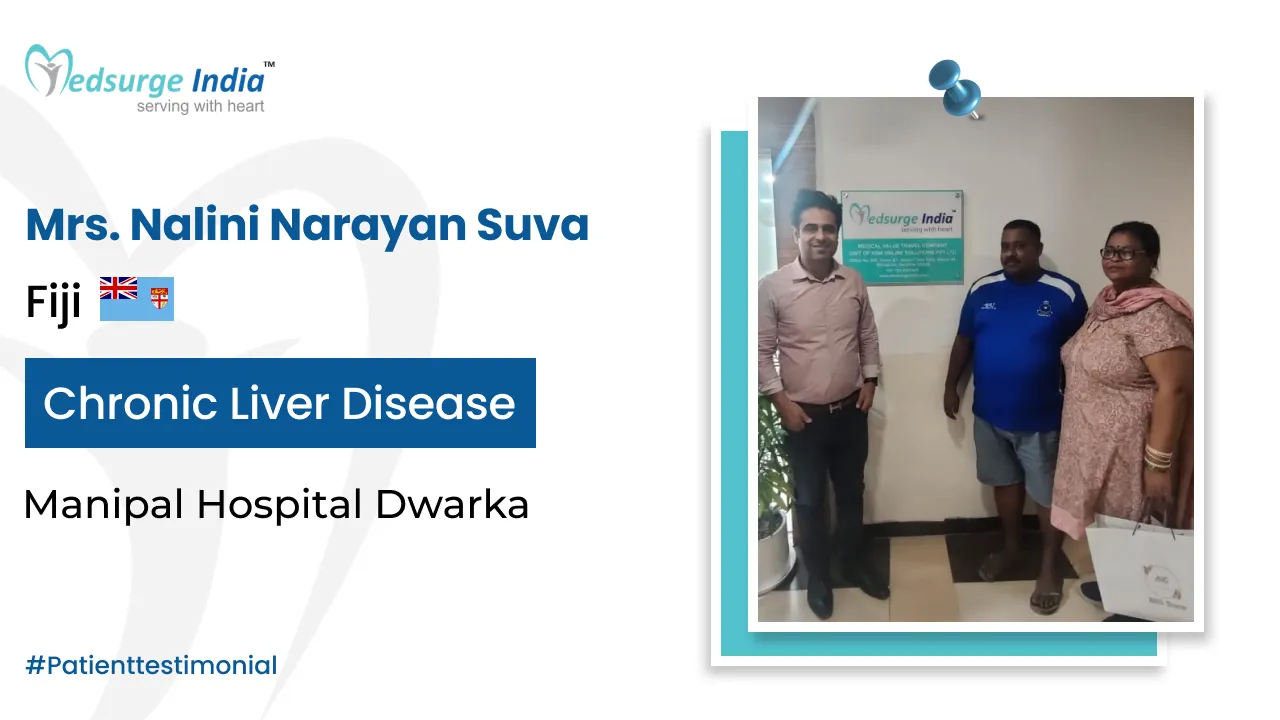
The lining of your heart’s chambers and valves become inflamed due to endocarditis, which is typically caused by a bacterial infection. The infective endocarditis treatment in India includes a lengthy course of antibiotics or another medication and sometimes surgery. Many patients survive with early, aggressive treatment. Endocarditis may result in death if untreated.
Infective endocarditis expands outside of your heart and blood arteries creating toxins and enzymes that kill and break down tissue to cause holes in the valves, and forms growths (vegetations) on the valves.
The infective endocarditis treatment cost in India is quite affordable as compared to other developed nations like U.K and USA. The treatment plan cost depends upon the location of the hospital and the experience of the cardiologist.
What Is Infective Endocarditis?
An infection of the heart valves or endocardium is known as Infective Endocarditis. The lining of the inside surfaces of the heart chambers is called the endocardium. Bacteria usually enter the bloodstream and infect the heart, resulting in this disease. Bacteria can come from the following:
- Urinary tract
- Respiratory system
- Mouth
- Skin
- Intestines
When this condition is caused by bacteria, it’s also known as bacterial endocarditis. In rare cases, it can also be caused by fungi or other microorganisms. A serious condition called infectious endocarditis requires immediate medical attention. Your heart valves may become damaged if the infection is not treated. This could result in issues like:
- Cardiac Arrest
- Heart Failure
- Stroke
- Death
- Damage to other vital organs
For people with healthy hearts, this ailment is rare. The risk is larger for people with other cardiovascular problems.
If your risk of developing infective endocarditis is significant, you might need to take antibiotics prior to some medical and dental treatments. Antibiotics help prevent bacterial infections by prohibiting them from entering your bloodstream. Before having any surgical procedure, consult your dentist or surgeon.
What Are the Symptoms of Endocarditis?
Endocarditis symptoms can vary from person to person. Endocarditis can develop quickly or gradually. It depends on the type of germs causing the infection and whether there are other heart problems.
Common symptoms of Infective Endocarditis are as follows:
- Fever of more than 100°F (38.4°C).
- chills or sweats, especially at night.
- A skin rash
- Pain, discomfort, redness, or swelling.
- A cut or wound that will not recover.
- Warm, red, or weeping sores.
- A scratchy or sore throat, or pain when swallowing.
- Nasal congestion, sinus discharge, headaches, or soreness along your upper cheekbones.
- A prolonged dry cough or a wet cough that lasts more than two days.
- White patches on your tongue or in your mouth.
- Diarrhea, vomiting, or nausea.
- Stroke, hemorrhages (internal bleeding), or emboli (small blood clots).
- Respiration problem.
- Loss of weight or a poor appetite.
- Joint and muscle pain.
If not treated right away, infectious endocarditis can be fatal. Unfortunately, symptoms of infective endocarditis might resemble those of several other diseases. In the event that you have any of the above-mentioned symptoms, consult your doctor immediately.
What Are the Causes of Endocarditis?
Most of the time, the bacterial infection causes endocarditis. Bacteria can enter your blood during endoscopic examinations and dental procedures (especially tooth extractions). Bacteria from your mouth, skin, intestines, respiratory system or urinary tract may occasionally be able to enter your circulation if you’re:
- Eating
- Brushing your teeth
- using dental floss
- Pooping
These are the causes of infective endocarditis. The bacteria quickly develop colonies, produce vegetation, and make enzymes that damage the tissue around them and create a pathway for invasion.
Infection is extremely difficult to spread through normal heart valves. Bacteria can, however, attach to flaws on the surface of damaged valves. Replacement heart valves are more prone to infection than normal valves.
Infective Endocarditis Treatment Cost in India
On average, Infective Endocarditis Treatment Cost in India can start from USD 3,700. The treatment can also vary depending on various factors.
Here are the estimated prices depending on different cities in India
| Cities | Starting Price |
| Delhi | USD 3,700 |
| Gurgaon | USD 3,700 |
| Noida | USD 3,700 |
| Mumbai | USD 3,800 |
| Hyderabad | USD 3,700 |
| Chennai | USD 3,700 |
| Kolkata | USD 3,700 |
| Bangalore | USD 3,700 |
Please keep in mind that prices of Infective Endocarditis Treatment Cost in India will vary depending on various factors.
Factors That Can Affect Infective Endocarditis Treatment Cost in India
The standard and grade of medical care and amenities are comparable to those of the most prestigious healthcare facilities in the world, even when the expense of lodging, meals, and transportation is taken out. The following here are some variables that can affect Infective Endocarditis Treatment Cost in India:
- Medication costs.
- Duration of treatment.
- Geographical location.
- Hospitalization expenses.
- Government policies and subsidies.
- Medical tourism packages.
- Hospital reputation and infrastructure.
- The expertise and experience of medical professionals.
- The type and frequency of diagnostic procedures.
- The choice of treatment modality.
Under the direction of the most skilled physicians, Medsurge India provides patients with the lowest Infective Endocarditis Treatment Cost in India.
How the Diagnosis of Endocarditis is Done?
A doctor will conduct a physical examination, inquire about your medical history, and assess your symptoms for the diagnosis of infective endocarditis. Tests are done to help confirm or rule out endocarditis.
The following tests are used to identify endocarditis:
- Blood culture tests
- Complete blood counts
- Echocardiograms
- Electrocardiogram
- Chest X-ray
- CT scan
- MRI
You will be asked to detail your symptoms when you visit the doctor. The physical examination mentioned above will then be conducted by your doctor. They will use a stethoscope to listen to your heart and listen for any murmurs that might be present due to infective endocarditis. By pressing on your left upper abdomen, your doctor may also check for a temperature and feel for an enlarged spleen.
Know More – Heart Bypass Surgery (CABG) Cost in India
Get Free Cost Estimation
Procedure
What Are Treatment Options for Infective Endocarditis?
Antibiotics are common and effective for endocarditis treatment in India. To repair or replace damaged heart valves and remove any remaining evidence of the infection, surgery may occasionally be required.
The best cardiologists in India will start keeping you on intravenous (IV) antibiotic medication after taking blood cultures. To treat as many suspected bacterial species as possible, they will administer a broad-spectrum antibiotic. They will modify your antibiotics to target the precise type of organism you have once they are aware of it. To treat your infection, you will often get IV antibiotics for 6 weeks.
Throughout treatment, your doctor will keep an eye on your symptoms to see how well your treatment is working. They will repeat the blood cultures as well. You might be allowed to leave the hospital once your fever and any other severe symptoms have gone away. Some patients continue IV antibiotics while receiving care at home or in the physician’s office. Typically, people take antibiotics for a few weeks.
Antifungal medicine is administered if a fungal infection is the root cause of endocarditis. Some people require lifetime antifungal medication to protect against recurring endocarditis.
If endocarditis damages your heart valve and any other part of your heart, you may need surgery to fix your heart valve and improve your heart function. You can follow up on your surgery from the best cardiac hospitals in India as mentioned below:
- Max Hospital Saket
- Fortis Hospital Gurgaon
- Global Hospital Chennai
- MGM Healthcare, Chennai
- Fortis Hospital Kolkata
- Apollo Hospital Delhi
Surgery to replace a damaged valve or treat persistent endocarditis infections may be required. In some cases, surgery is required to cure endocarditis caused by a fungal infection.
Your doctor might advise heart valve repair or replacement depending on the complexity of your disease. Mechanical valves or valves composed of cow, pig, or human heart tissue are used in heart valve replacement (biologic tissue valve).
Helpful – Aortic Valve Replacement Cost in India
Suggestion
The chance of bacteria accumulating in your mouth and entering your bloodstream can be reduced by practicing good oral hygiene and keeping frequent dentist appointments. You have a lower chance of acquiring endocarditis as a result of an oral injury or infection. Make sure to take your antibiotics as prescribed if you had dental work done and were then given antibiotics.
Watch out for the signs and symptoms of endocarditis if you have a history of congenital heart disease, heart surgery, or endocarditis. Pay close attention to an ongoing fever and unexplained fatigue or tiredness. If you have any of these symptoms, get in touch with your doctor as soon as possible.
The Most Important Frequently Asked Questions
Q: How Is Endocarditis Treated by Oral Antibiotics?
A: In seven observational studies, cure rates for IE caused by susceptible bacteria ranged from 77% to 100% with oral beta-lactams (five), oral ciprofloxacin combined with rifampin (one), and oral linezolid (one).
Q: How Long Is Infectious Endocarditis Treated?
A: The course of treatment may last between two and six weeks. The following advice is based on the 2015 Adult Infective Endocarditis Guidelines from the American Heart Association and the 2015 Management of Infective Endocarditis Guidelines from the European Society of Cardiologists.
Q: Which Antibiotic Works Best to Treat Endocarditis?
A: The majority of streptococcal infections can be effectively treated with aqueous penicillin or ceftriaxone. For endocarditis brought on by enterococci that aren’t very resistant to penicillin, a combination of penicillin or ampicillin plus gentamicin is acceptable.
Q: What Is the Treatment for Heart Infection?
A: Treatment options for heart infections might range from: Antifungal drugs. Antibiotics. Colchicine (an anti-inflammatory medication).
Q: What Are the Stages of Infective Endocarditis?
A: Depending on how long symptoms last, infectious endocarditis is classified as acute, subacute, or chronic. Acute infective endocarditis is defined as having infective endocarditis signs and symptoms for days to up to six weeks.
Top Hospitals for Infective Endocarditis Treatment in India
Top Doctors for Cardiology And Cardiac Surgery
Dr. Girish Godbole
Consultant
Experience: 27
Manipal Hospital Millers Road formerly Vikram Hospital Bangalore
Dr. Amit Pendharkar
Consultant
Experience: 20 years of experience
BLK Super Speciality Hospital, New Delhi
New Delhi, India
Dr. Subrat Akhoury
Director
Experience: 14 years of experience
Asian Institute of Medical Sciences, Faridabad
Faridabad, India
Dr. Dhananjay Kumar
Senior Consultant
Experience: 22 years of experience
Fortis Escorts Hospital New Delhi
New Delhi, India
Dr. S. K. Jain
Associate Director
Experience: 30 years of experience
Medanta – The Medicity, Gurgaon
Gurgaon, India
Dr. Dhananjay Malankar
Consultant
Experience: 13 years of experience
Fortis Hospital, Mulund, Mumbai
Mumbai, India
Dr. Bipin Dubey
Director
Experience: 20 years of experience
Manipal Hospitals Dwarka, Delhi
New Delhi, India
Dr. Sunil Dwivedi
Consultant
Experience: 21
Manipal Hospital Millers Road formerly Vikram Hospital Bangalore
Dr. Surendra Nath Khanna
Director
Experience: 25 years of experience
Fortis Escorts Hospital New Delhi
New Delhi, India
Dr. Kailash A Jain
Senior Consultant DNB, MS, MBBS
Experience: 16 years of experience
Chennai, India
Dr. David Rozario
Senior Consultant
Experience: 13+ years of experience
Narayana Superspeciality Hospital, Shibpur, Howrah
Howrah, India
Dr. P Sridhar
Consultant
Experience: 10 years of experience
Medicover Hospital, Hitec City
Hyderabad, India
Dr. Jamshed Dalal
Director , MBBS, MD, DM
Experience: 38 years of experience
Kokilaben Dhirubhai Ambani Hospital, Mumbai
Mumbai, India
Dr. Dilip Kumar
Consultant
Experience: 13 years of experience
Medica Superspecialty Hospital
Kolkata, India


